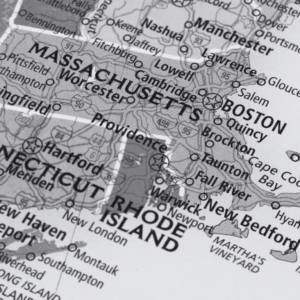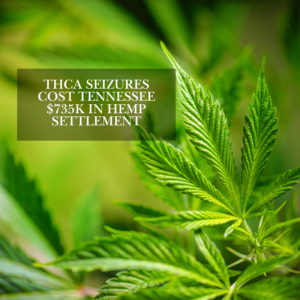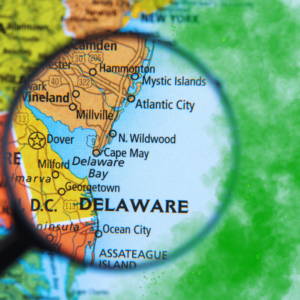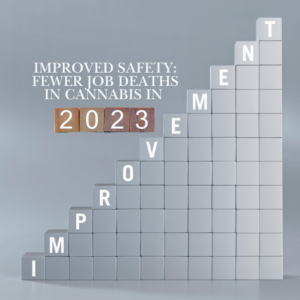Senior ER Visits Surge Post-Cannabis Legalization

A new study published in JAMA Internal Medicine reveals a concerning trend: a surge in emergency room visits among seniors in Ontario following the legalization of cannabis.
Severity of ER Visits
Dr. Nathan Stall, the lead author of the report and a geriatric specialist at Sinai Health in Toronto, emphasizes that these ER visits aren’t due to minor intoxication but rather serious health conditions. Healthcare providers often consider conditions like stroke, infection, or metabolic abnormalities before realizing the cause is cannabis poisoning.
Study Methodology
The study analyzed data from the Ontario Ministry of Health over eight years, focusing on three periods: pre-legalization, post-dried cannabis sales, and post-introduction of edibles. The rates of ER visits among older adults increased significantly during each phase.
Underestimation of Cannabis Poisonings
Researchers believe the actual number of cannabis poisonings among older adults could be higher than reported since the study only accounts for ER visits. Many cases might not seek medical attention or could visit other healthcare facilities.
Comparisons with Other Studies
Previous research has highlighted a rise in hospitalizations among children for accidental cannabis poisonings after legalization, especially following the approval of edibles. Stall’s study on older adults suggests similar trends in hospitalization rates related to cannabis poisoning.
Factors Contributing to Poisonings
Stall identifies factors contributing to these poisonings, including unintentional ingestion, self-medicating, and misunderstandings about cannabis consumption. Older adults may not consider factors like drug interactions or delayed effects from edibles, leading to unintentional overdoses.
Implications for Education and Healthcare
The findings underscore the need for better education and awareness campaigns about cannabis use, especially among older adults. Stall recommends clear dosage guidelines on cannabis products and encourages healthcare providers to engage in non-judgmental conversations about cannabis use with their older patients.











